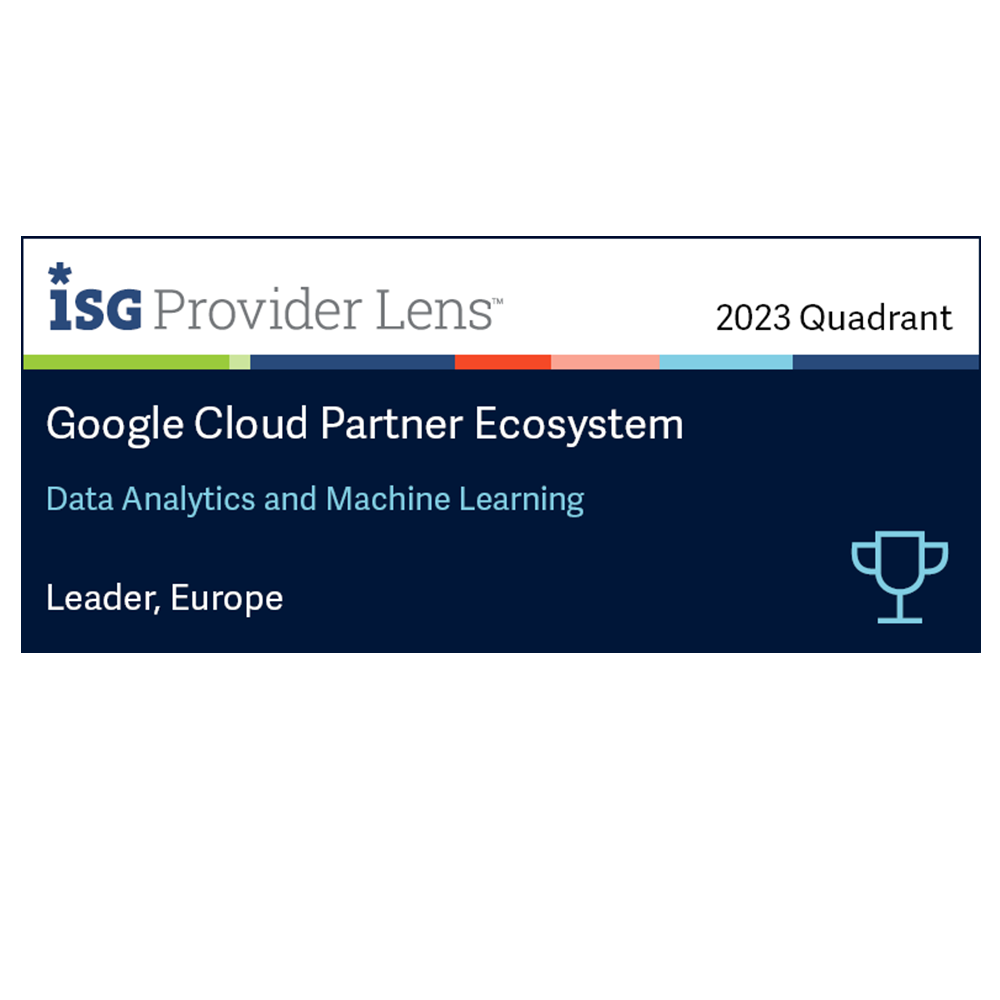AI Without The Hype

AI 101: What you need to know before bringing generative and traditional AI into business operations
AI in business demystified
Key AI concepts and terms
Machine Learning
Machine Learning refers to algorithms that learn from data to make predictions or decisions without being explicitly programmed. ML enables systems to improve their performance on a specific task with experience.
Deep Learning
Deep Learning is a subset of machine learning that uses neural networks to model complex patterns in data. It powers breakthrough applications in machine vision, language, and more.
Natural Language Processing
Natural Language Processing is an AI technology that enables computers to understand, interpret, and generate human language. NLP is behind apps like chatbots, sentiment analysis, and machine translation.
Computer Vision
Computer Vision is an AI capability that allows computers to interpret and understand visual information from the world. CV enables applications like facial recognition, object detection, and autonomous vehicles.
AI technology for businesses across industries
Generative AI: The general purpose AI
Understanding the business case
Generative AI vs. traditional AI in industry
How Generative AI can impact every aspect of business operations
Putting traditional and generative AI to work for your business
Generative AI can be used to generate product designs and prototypes, create personalized content for marketing and customer engagement, and develop virtual assistants and chatbots with human-like responses.

Streamline business processes with AI automation

Predictive analytics for the industrial sector

Anomaly detection for the industrial sector

Personalised marketing with AI: increasing engagement and conversion rates

Intelligent customer support: AI chatbots and virtual assistants

Strengthen security and prevent fraud with business-proven AI

Utilising AI technology for object identification and image classification

Harnessing generative AI for internal research and knowledge sharing
Implementing AI in business
A practical 4-step approach
Aligning AI with your business objectives
Start with your day-to-day processes and identify bottlenecks or areas for improvement. Find specific business problems or opportunities that AI can address, playing to the technology's strengths.
Establishing the necessary AI technology infrastructure and data foundation
Every AI strategy needs a data strategy. AI requires high-quality, relevant data, so it's crucial to develop a data strategy that covers data collection, storage, governance, and safety. Ensure that data is accurate, consistent, and accessible to the right teams and systems.
Tackling data privacy and security challenges with AI technology
Because AI relies on vast amounts of data, it is critical to address privacy and security concerns. Ensure that AI systems comply with relevant data protection regulations, such as GDPR or CCPA, and implement robust security measures to protect sensitive information.
Creating an AI-friendly organizational culture
Foster a culture of innovation and continuous learning, encouraging employees to embrace AI and develop the necessary skills through training programs, workshops and hands-on projects. Encourage cross-functional collaboration to ensure AI initiatives are aligned with business goals.





.webp)